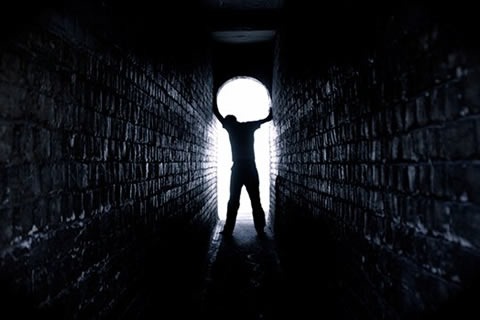By Ben Fuchs | Pharmacist Ben

An oversplit by former Olympic gymnast Irina Tchachina
Understanding that we don’t live in the world, but rather we live in our world is one of the keys to well-being. If we are not aware of the neurophysiological processes of meaning-making and perception, it is easy to make the critical error of assuming that the way we perceive “it” is the way “it” is. We can never know, as first pointed out by Immanuel Kant in the 18th century, the way “it” is.
We are marooned on an island of meaning, our own meaning and the best we can hope for is to understand this built-in facet of the human experience and operate accordingly. This means: don’t assume that you know the truth about anything. Always be prepared to maintain flexibility. That is flexibility of mind-set. In fact, perhaps the most important markers of mental health and happiness is the ability to absorb and integrate new information and allow the mental nature to morph in response.
Immanuel Kant (22 April 1724 – 12 February 1804) was a German philosopher. He is a central figure of modern philosophy. He argued that human perception structures natural laws, and that reason is the source of morality. His thought continues to hold a major influence in contemporary thought, especially in fields such as metaphysics, epistemology, ethics, political philosophy, and aesthetics.
Kant’s major work, the Critique of Pure Reason (Kritik der reinen Vernunft, 1781), aimed to bring reason together with experience and to move beyond what he took to be failures of traditional philosophy and metaphysics. He hoped to end an age of speculation where objects outside experience were seen to support what he saw as futile theories, while opposing the skepticism of thinkers such as Hume.
He stated:
It always remains a scandal of philosophy and universal human reason that the existence of things outside us … should have to be assumed merely on faith, and that if it occurs to anyone to doubt it, we should be unable to answer him with a satisfactory proof.
Kant proposed a “Copernican Revolution-in-reverse”, saying that:
Up to now it has been assumed that all our cognition must conform to the objects; but … let us once try whether we do not get farther with the problems of metaphysics by assuming that the objects must conform to our cognition.














